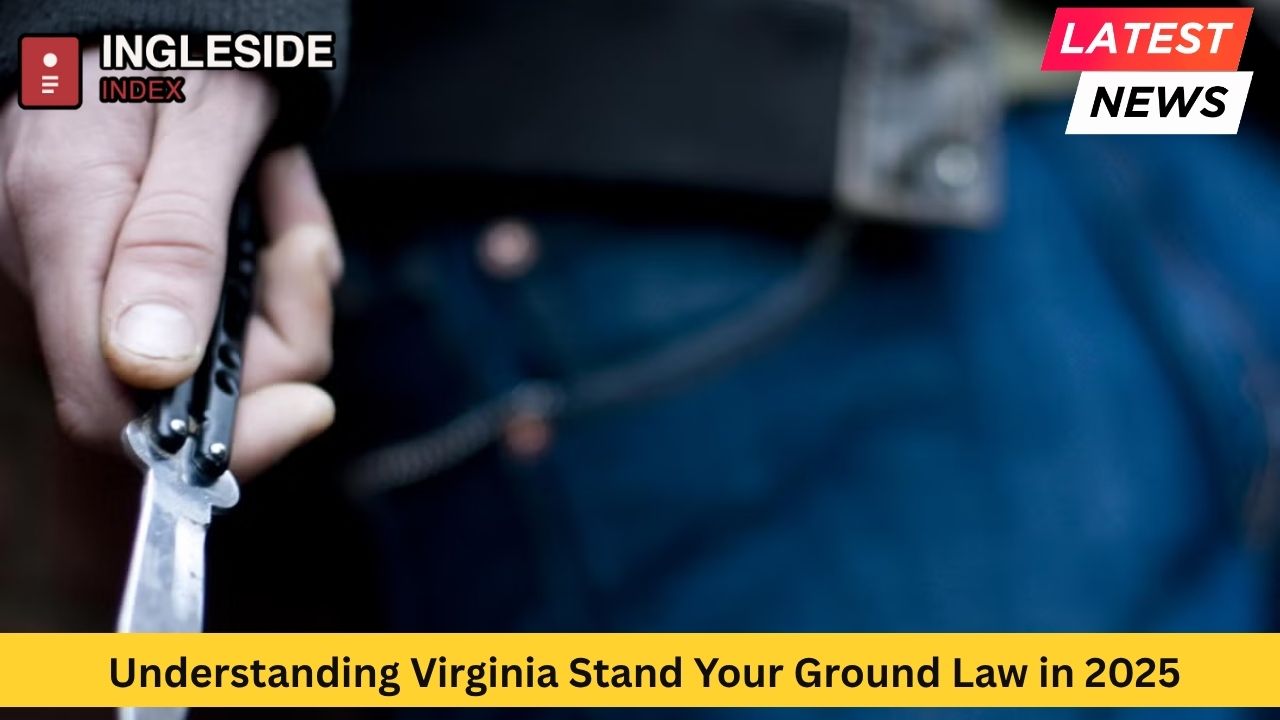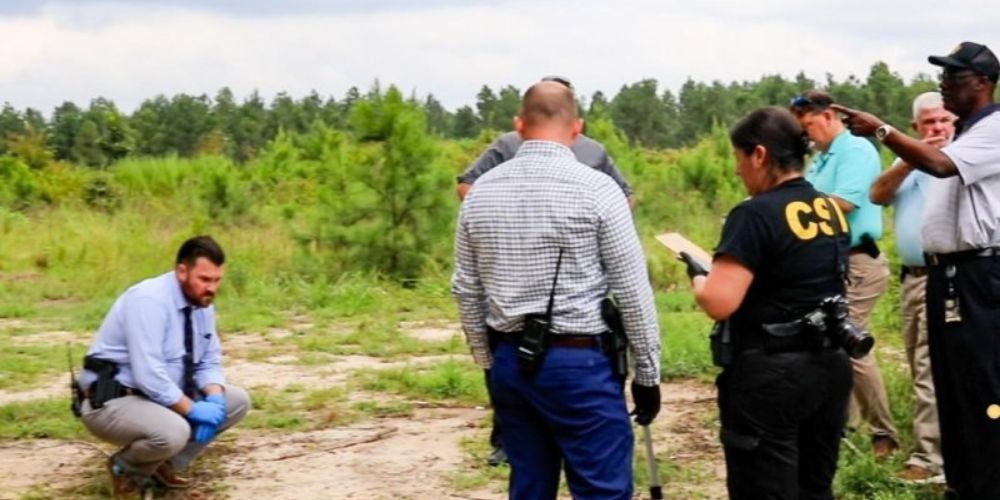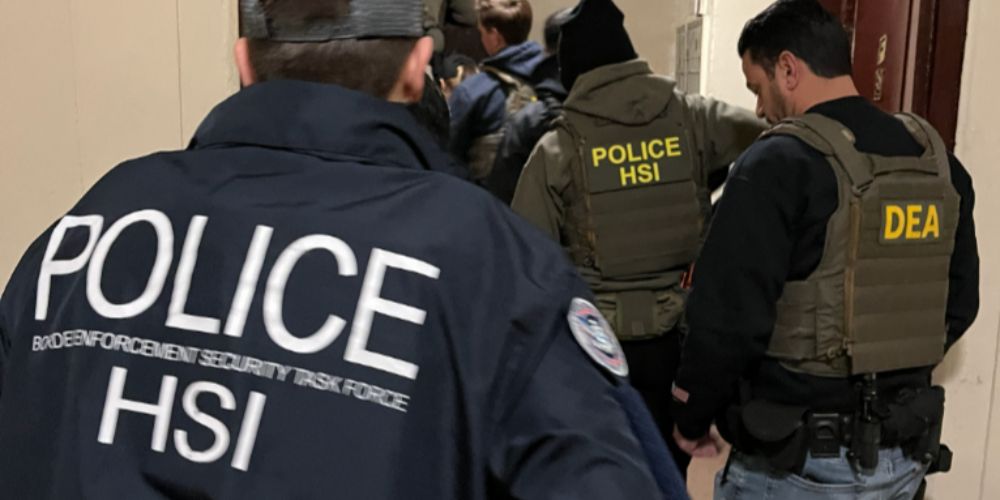In 2025, the conversation around self-defense laws, particularly “Stand Your Ground,” continues to shape both public debate and personal safety strategies across Virginia. With a diverse array of communities from Virginia Beach to Richmond, Arlington to Roanoke, understanding how these laws operate is crucial for residents and visitors alike. This comprehensive guide explores the legal frameworks, practical impacts, statistical trends, and real-world implications of Virginia’s approach to Stand Your Ground, blending facts and city-specific insights for a broad, nuanced perspective.
The Foundations of Self-Defense in Virginia
Basic Principles of Self-Defense
Self-defense in Virginia is rooted in common law and hinges on several critical factors. An individual must genuinely believe they face immediate harm, and that belief must be reasonable for their actions to be justified. Importantly, the force used must be proportional to the perceived threat. For example, responding to a minor altercation with lethal force typically falls outside the boundaries of lawful self-defense.
Types of Threat and Reasonableness
The courts look for an “imminence of threat”—meaning the danger must be immediate. If someone in Norfolk, for instance, encounters an aggressor brandishing a weapon, responding physically may constitute legal self-defense. However, disputes over property or minor verbal confrontations in downtown Alexandria do not meet the bar for imminent danger.
Proving Self-Defense
When self-defense is asserted in court, the individual must demonstrate that their actions were necessary and reasonable. Evidence such as witness testimonies, security camera footage, and medical reports from hospitals in cities like Fairfax or Charlottesville often play central roles in determining outcomes.
No Duty to Retreat vs. Stand Your Ground
Understanding “No Duty to Retreat”
Long before explicit “Stand Your Ground” statutes were considered, Virginia case law enabled individuals to defend themselves without a legal obligation to retreat, provided they were not the initial aggressor. In essence, if a person in Richmond is lawfully present in a location and threatened with bodily harm, there is no explicit duty to retreat before using force if it’s reasonable and proportionate given the circumstances.
Stand Your Ground as Practiced in Virginia
While some states like Florida have adopted clear statutory language under “Stand Your Ground” laws, Virginia’s system in 2025 still primarily relies on judicial interpretations. Despite debates and proposed legislation in the capital, Richmond, the law as practiced is essentially a version of Stand Your Ground—allowing for the use of deadly force in self-defense without a requirement to retreat, especially when the defender is not at fault or an aggressor.
However, if someone initiates a conflict, even in bustling places like Tysons Corner, the law typically requires them to exhaust safe retreat options before resorting to deadly force.
The Castle Doctrine in Virginia
Virginia also observes the “Castle Doctrine.” This legal principle states that individuals do not have a duty to retreat when threatened in their own home. Thus, homeowners in Winchester or townhouses in Leesburg may act with force to defend themselves without first attempting to escape.
Legal Limits and Responsibilities
Reasonable Force
Laws across all Virginia jurisdictions stress proportionality. In other words, force used in self-defense must not be excessive and must be reasonably related to the threat encountered. Courts in cities like Arlington often scrutinize whether the use of force was justified in the context presented.
Weapons and Self-Defense
While Virginia broadly permits the use of force for self-defense, additional complexity arises with self-defense involving weapons. Residents of Newport News and Fredericksburg should note that being legally permitted to possess the weapon used in self-defense significantly impacts the legal outcome. For instance, felons or those otherwise prohibited from firearm ownership may still face weapons charges, even if acting in self-defense.
Criminal Cases and Courtroom Realities
Common Scenarios
Most self-defense claims arise from assaults, burglaries, or domestic disputes. Residents in Danville have seen cases where late-night altercations outside local bars challenge jurors to discern the aggressor from the defender, particularly when both parties claim fear for their safety.
Mutual Combat and Aggression
Virginia law does not generally shield those who seek out confrontation. “Mutual combat”—where two individuals in Lynchburg, for example, agree to fight—falls outside the protections of self-defense statutes. If the person claiming self-defense was even slightly at fault in provoking the altercation, special rules apply, and the obligation to retreat may be much greater.
Proving Self-Defense in Court
The burden often shifts to the accused to provide credible evidence supporting their claim of imminent danger and proportional response. Surveillance footage from tech-driven Northern Virginia suburbs can provide irrefutable proof, while eye-witness accounts remain vital in more rural communities.
Possible Outcomes
Outcomes vary significantly. In some high-profile cases in Richmond and Virginia Beach, claims of self-defense have resulted in full acquittals. In others, defendants have faced lesser charges such as involuntary manslaughter when the court found the force used to exceed what was deemed reasonable.
Impacts on Communities and Public Safety
Statistical Overview
Virginia, home to cities large and small, has witnessed varied impacts from its stand-your-ground-leaning legal approach. In cities like Chesapeake and Petersburg, the conversation around these laws often centers on community safety and individual rights.
Recent years have seen a national trend where regions with strong Stand Your Ground provisions have not experienced clear crime deterrence—homicide and firearm injury rates have, in some studies, seen modest increases, while violent crime rates remain stable or fluctuate for other reasons.
Law Enforcement Perspectives
Police departments from Roanoke to Manassas encounter challenges in distinguishing genuine self-defense from unnecessary violence. Law enforcement agencies stress the importance of thorough investigations, with detectives relying on forensic evidence and community cooperation, particularly in urban neighborhoods where gun violence can be higher.
Community Education and Awareness
Organizations and legal aid services across Virginia emphasize educating residents in diverse cities about their self-defense rights and responsibilities. Public seminars in Charlottesville, online informational sessions for residents in Reston, and outreach through local media in Hampton are all part of ongoing efforts to reduce confusion around the law.
Current Legislative Climate and Changes for 2025
Recent Legislative Developments
While 2025 has not brought sweeping statutory changes to Virginia’s self-defense laws, ongoing proposals and debates in the Virginia General Assembly reflect continued public and legislative interest. Lawmakers in Richmond routinely discuss issues such as:
-
Codifying existing judicial interpretations into explicit statutes.
-
Clarifying the definition of “reasonable force” for consistency across jurisdictions.
-
Balancing gun rights with public safety in light of national trends and local statistics.
Secure Storage and Firearms Proposals
Parallel discussions focus on related topics, such as stricter requirements for secure firearm storage, particularly in urban centers facing higher rates of youth involvement in gun-related incidents. Bills introduced to the assembly often reflect shifting public safety priorities in response to rising concerns in neighborhoods throughout the greater Washington D.C. metropolitan area, which includes Northern Virginia communities like Arlington and Fairfax.
Real-Life Examples from Virginia’s Cities
Virginia Beach
As the state’s largest city, Virginia Beach sees a mix of self-defense cases stemming from both urban nightlife and suburban home invasions. The local police department runs frequent outreach campaigns to remind residents about responsible firearm ownership and the nuances of self-defense law.
Richmond
The capital city, with its dense population and diverse neighborhoods, is often at the center of legislative and high-profile court cases involving claims of self-defense. Lawyers and judges here regularly shape how these laws evolve and are interpreted statewide.
Arlington and Alexandria
Proximity to Washington, D.C. brings unique challenges in dealing with interstate differences in self-defense laws. Residents frequently seek legal advice to understand how Virginia law interacts with federal property and bordering jurisdictions.
Roanoke and Lynchburg
Smaller cities with close-knit communities experience lower violent crime rates but remain vigilant. Education efforts often focus on rural and suburban home protection, particularly during hunting season, when firearms are more accessible in households.
Practical Advice for Virginians
When Confronted with Danger
The first recommendation remains simple: prioritize de-escalation and seek to avoid violence where possible. If self-defense becomes necessary, act in a manner that is both reasonable and proportional to the threat, and seek help from law enforcement immediately after the incident.
After an Incident
If involved in an event requiring self-defense, residents are advised to:
-
Call law enforcement immediately, regardless of city or county.
-
Preserve any evidence, including physical items, digital messages, or video recordings.
-
Avoid making public or social media statements, as these can be used in court.
-
Contact an experienced criminal defense attorney knowledgeable about local courts—essential in cities like Richmond or Arlington, where legal interpretations may differ slightly from rural areas.
Conclusion
Virginia’s approach to Stand Your Ground in 2025 reflects a careful blend of judicial tradition and evolving public policy. The lack of a specific statutory “Stand Your Ground” law does not mean Virginians are left without protection; rather, they benefit from strong legal defenses shaped by decades of case law and judicial precedent. Still, the specifics of each case matter immensely, and outcomes can differ widely depending on location, evidence, and circumstances.
Whether residing in bustling Northern Virginia, coastal Hampton Roads, or the mountains of Southwest Virginia, understanding the practical workings of self-defense law empowers individuals to protect their rights, their safety, and their future. Staying informed, prepared, and responsible remains key in navigating the complex realities of self-defense in modern Virginia.











Leave a Comment